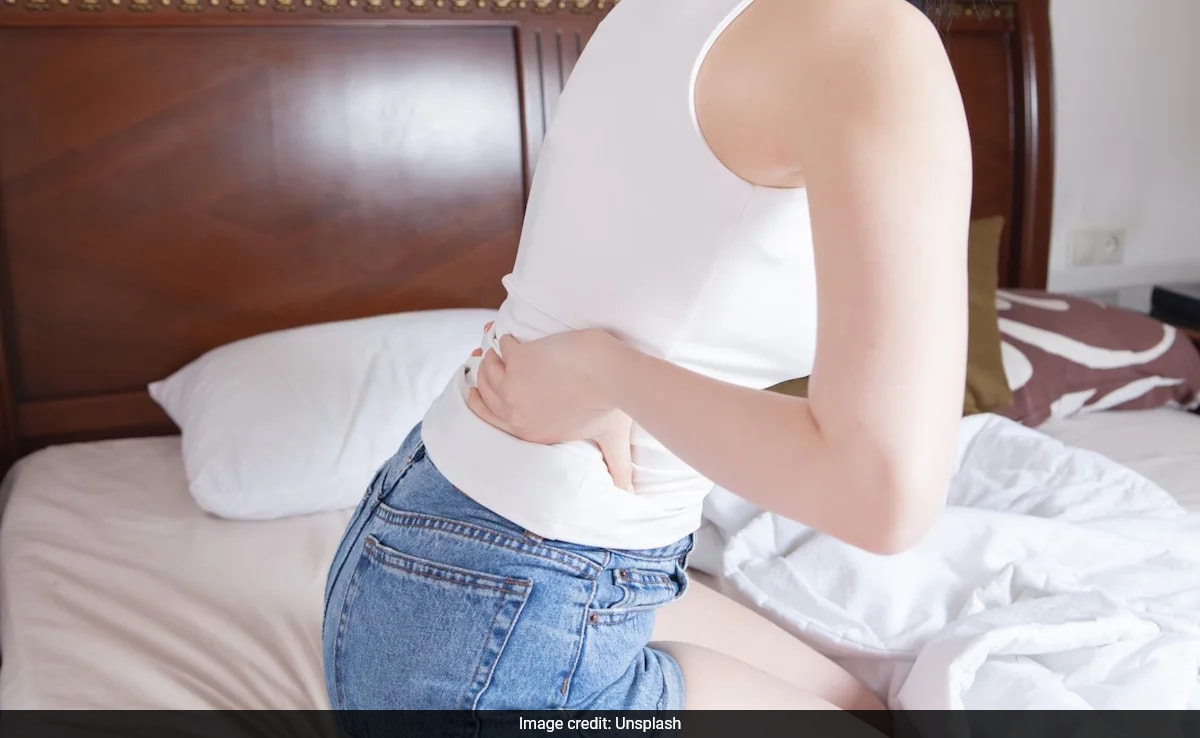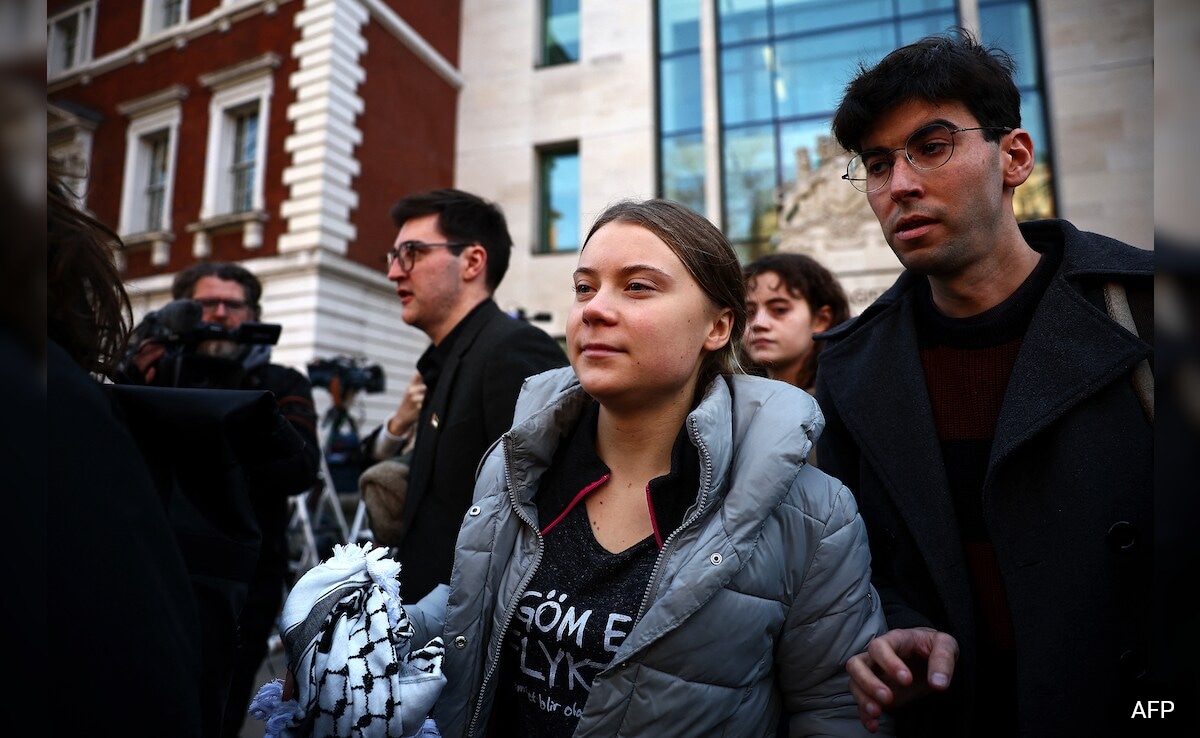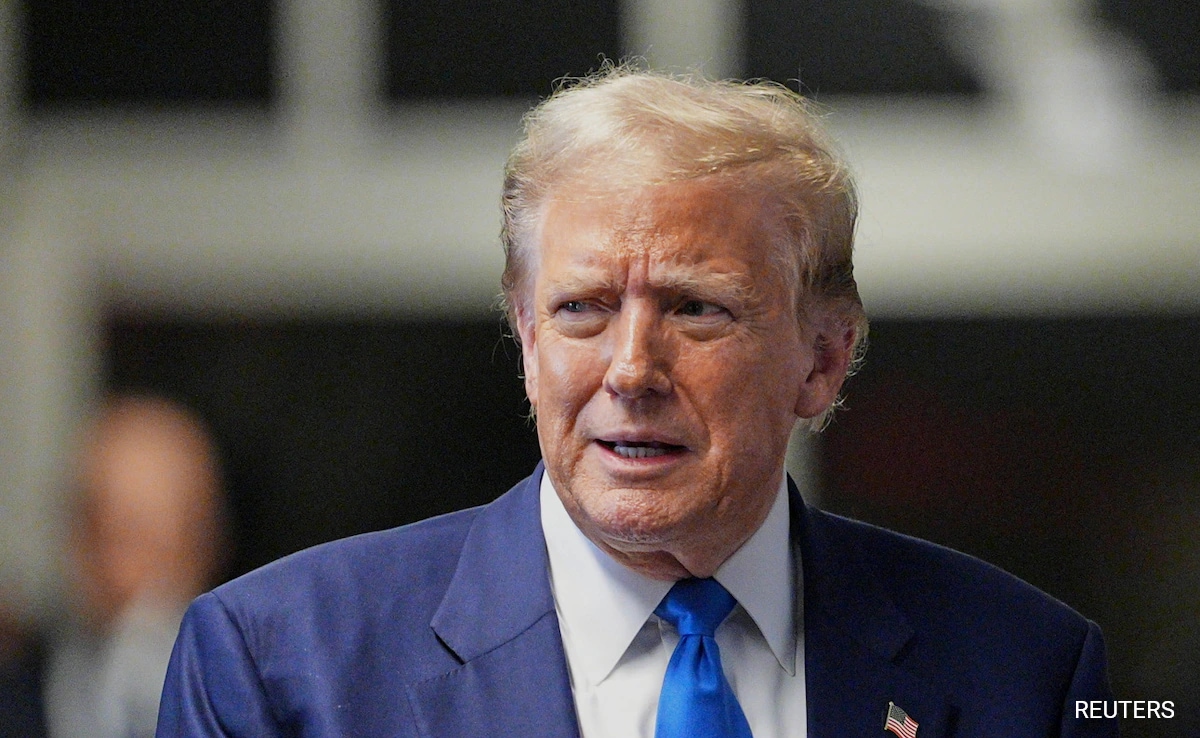Daniell Koepke recounted her experience in a Netflix documentary. (Representative pic)
A US woman who was experiencing irritable bowel syndrome (IBS) symptoms for years gave herself a faecal microbiota transplant, or DIY poop transplant, using her brother’s and boyfriend’s poop. In Netflix’s new documentary ‘Hack Your Health: The Secrets of Your Gut’, Daniell Koepke recounted her experience with the DIY poop transplant. She revealed that she began experiencing indigestion, stabbing pains from trapped gas, and severe constipation during her college years. When nothing seemed to help after five years of doctor visits, she decided to try the experimental treatment, where a healthy donor’s faeces is introduced into a patient’s gut to repopulate it with “good” microbes.
“It’s really hard for me to remember what it was like to eat food before it became associated with anxiety and pain and discomfort,” Ms Koepke, a doctoral student in clinical psychology, said in the documentary.
Ms Koepke recalled that when she exhausted all other options, she proceeded with the procedure. Initially, she ingested faecal transplant pills from her brother’s donated stools. However, she said that after starting the procedure, she gained weight and suffered hormonal acne similar to her brother’s.
Subsequently, Ms Koepke opted to switch donors and utilised stool from her boyfriend. However. Shortly afterwards, she revealed that she experienced depression akin to her boyfriend’s. Reflecting on this, she remarked, “Over time, I realized my depression was worse than it’s ever been in my life”.
Later, Mr Koepke went back to using her brother’s stool, noting in the documentary that her depression went away within the week.
Also Read | Watch: Dramatic Scenes In Taiwan Parliament As MPs Exchange Blows, Kicks
Notably, according to Johns Hopkins Medicine, faecal microbiota transplant, or DIY poop transplant, involves collecting faeces from a healthy donor and introducing them into an ill patient’s gastrointestinal tract. This procedure can restore an ill person’s balance of bacteria in the intestines.
But it is imperative to note that prospective donors should not have had any antibiotic exposure in the past six months. They should not be immunocompromised or at risk for infectious diseases, and should not live with any chronic gastrointestinal disorders, such as inflammatory bowel disease.
“With fecal microbiome transplants, there is really compelling evidence, but the science is still developing. We’re still working on if it actually has benefits for wider populations and if the benefit is long-lasting,” Jack Gilbert, a microbial ecologist at UC San Diego, said in the Netflix documentary.
Waiting for response to load…













